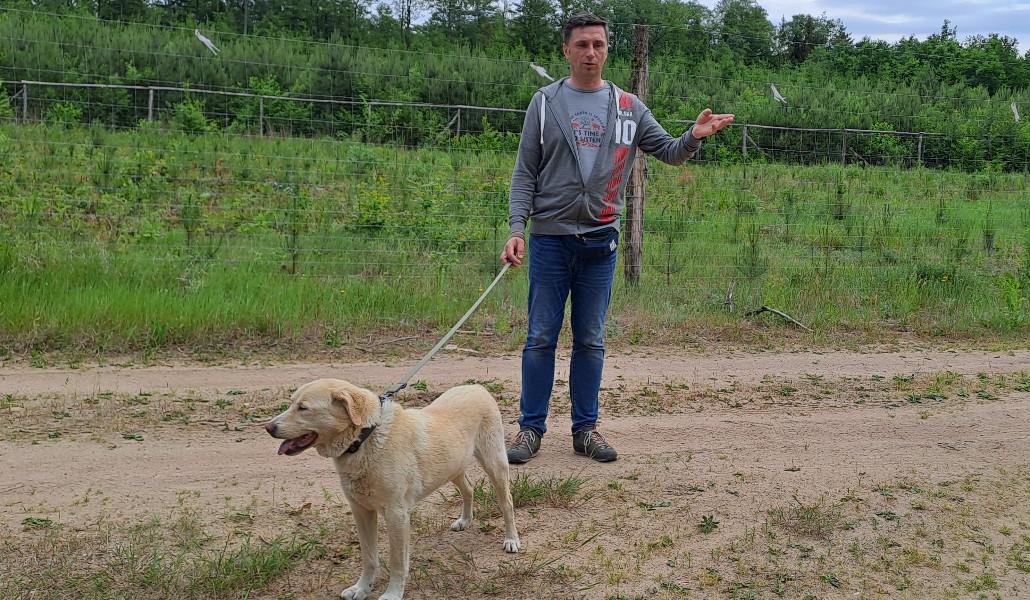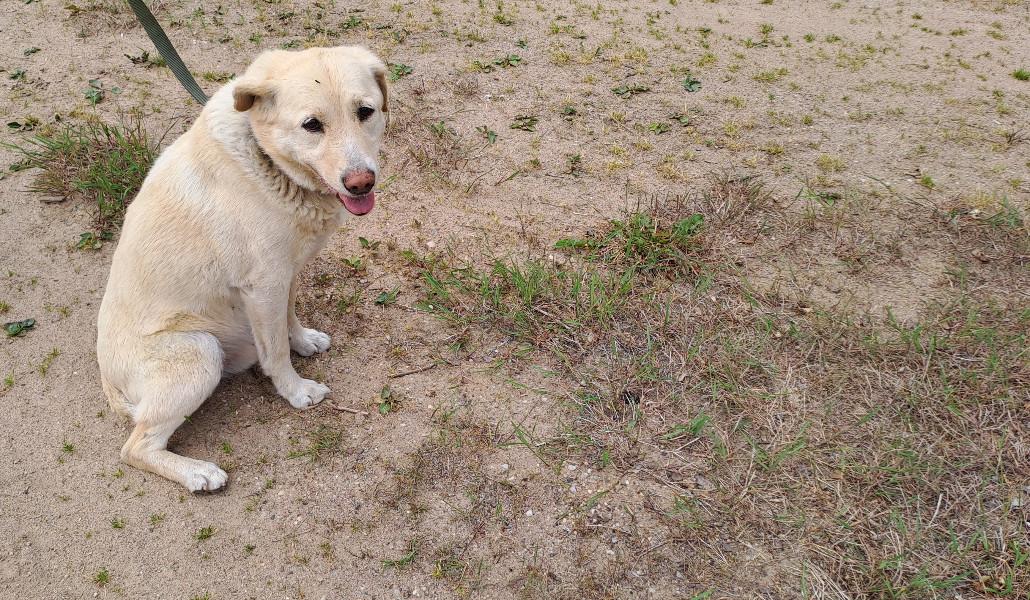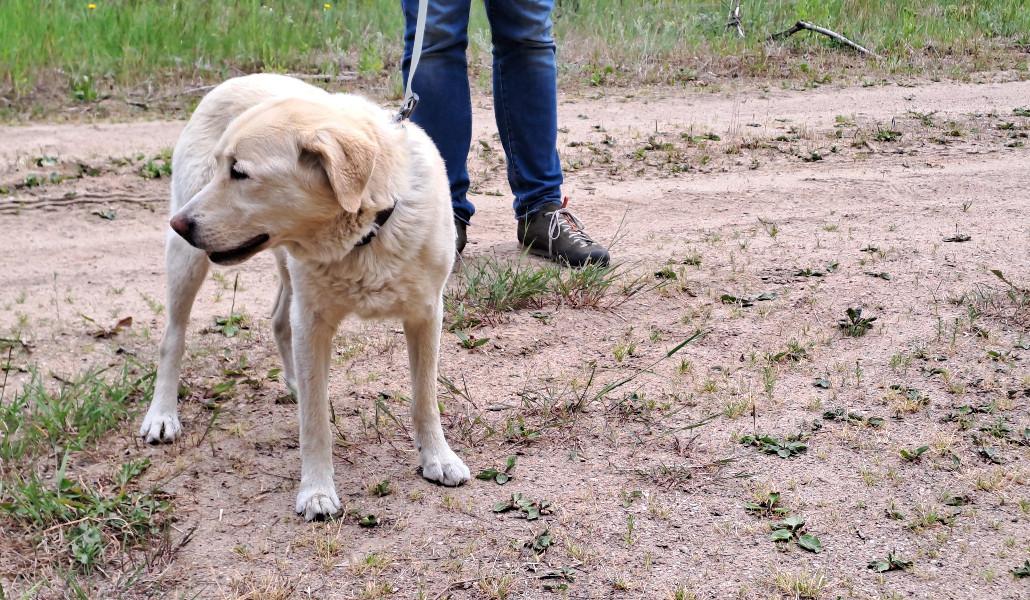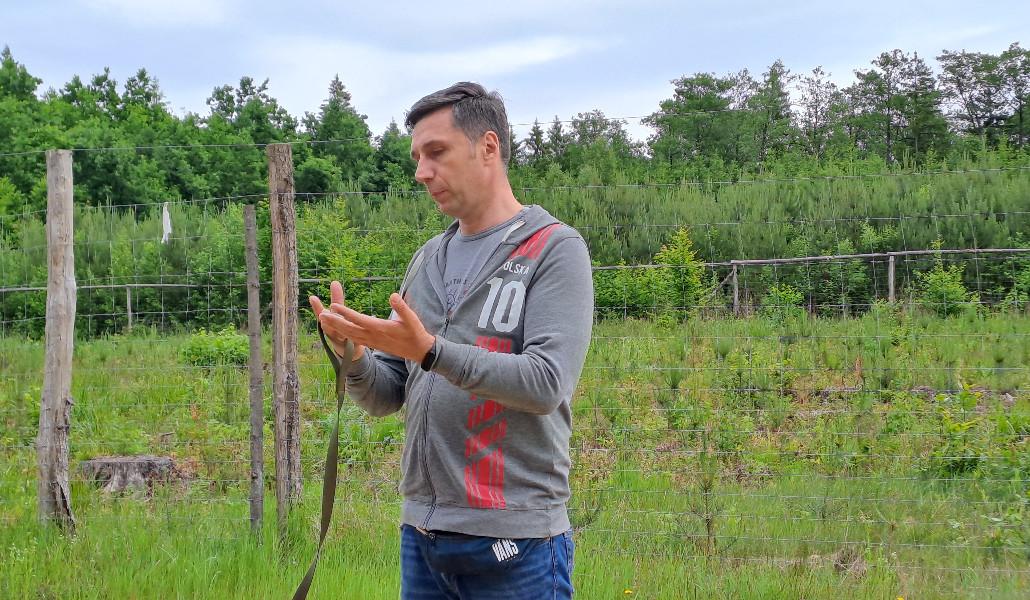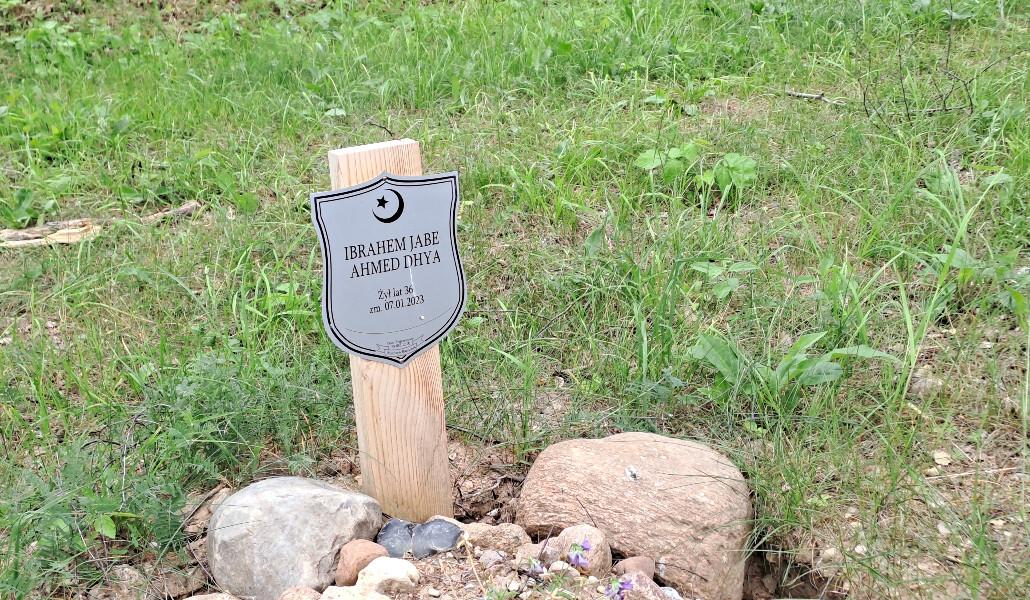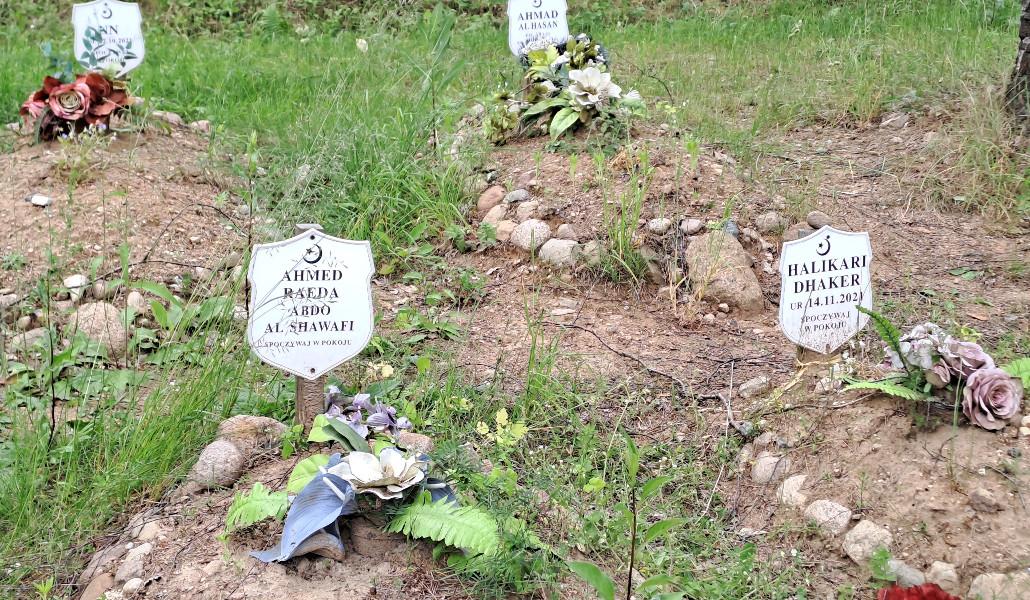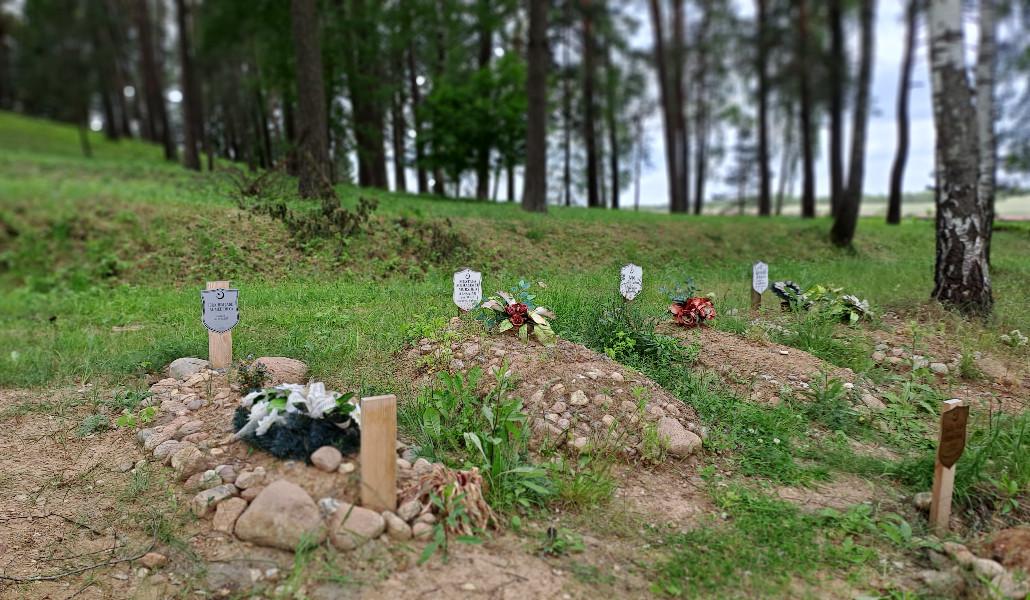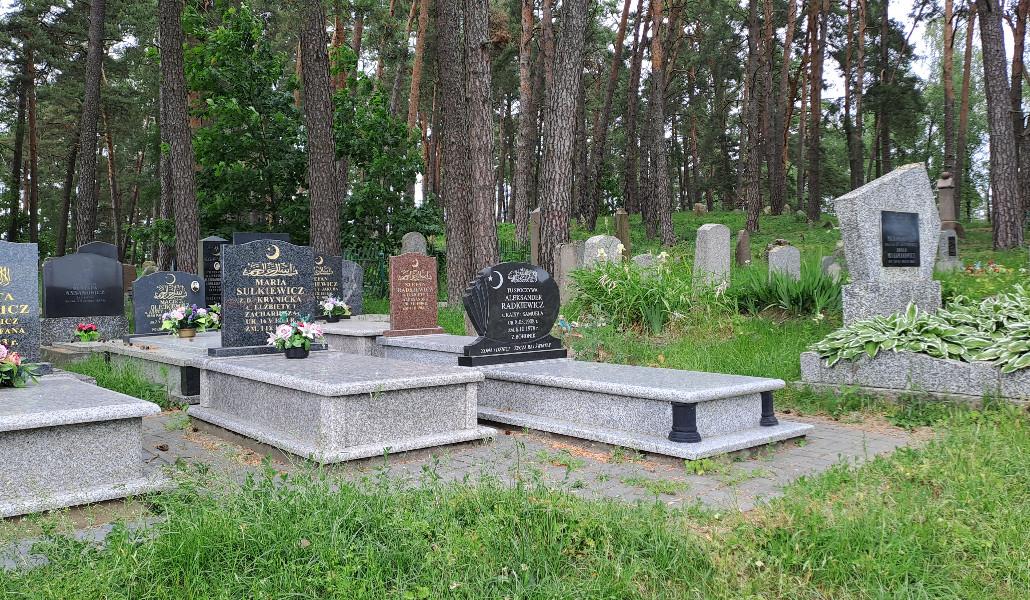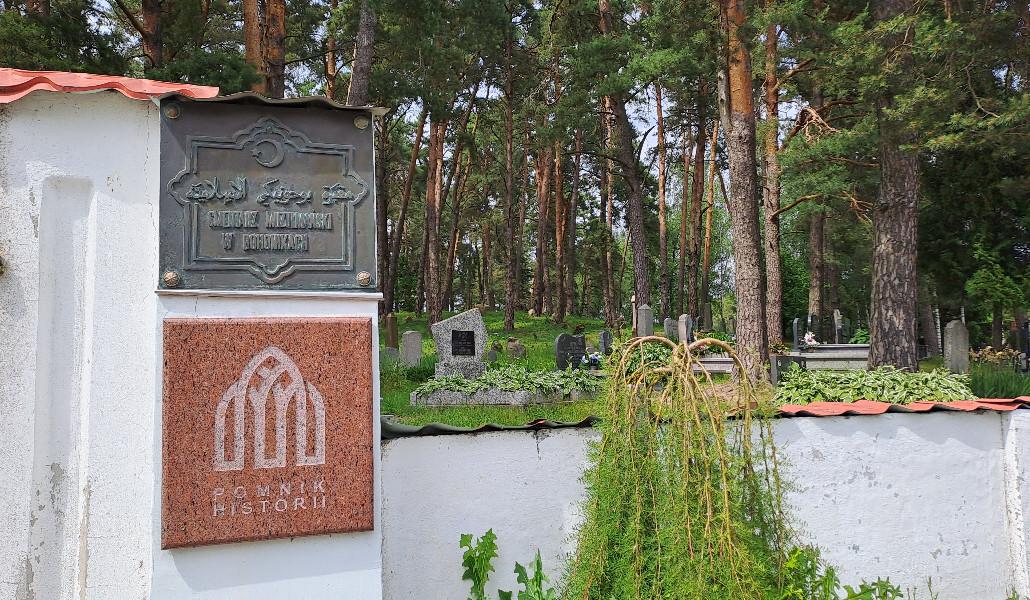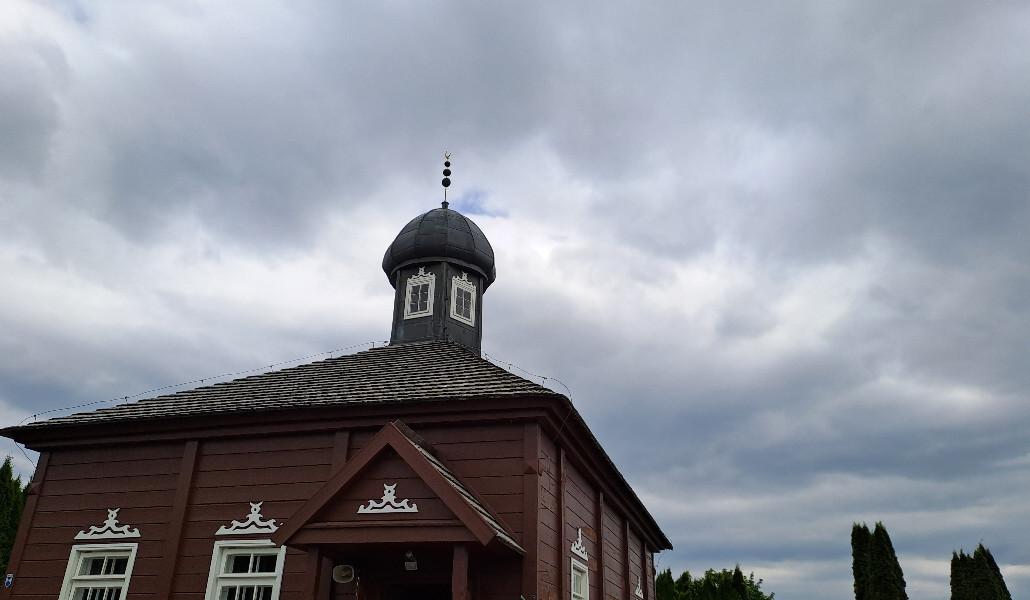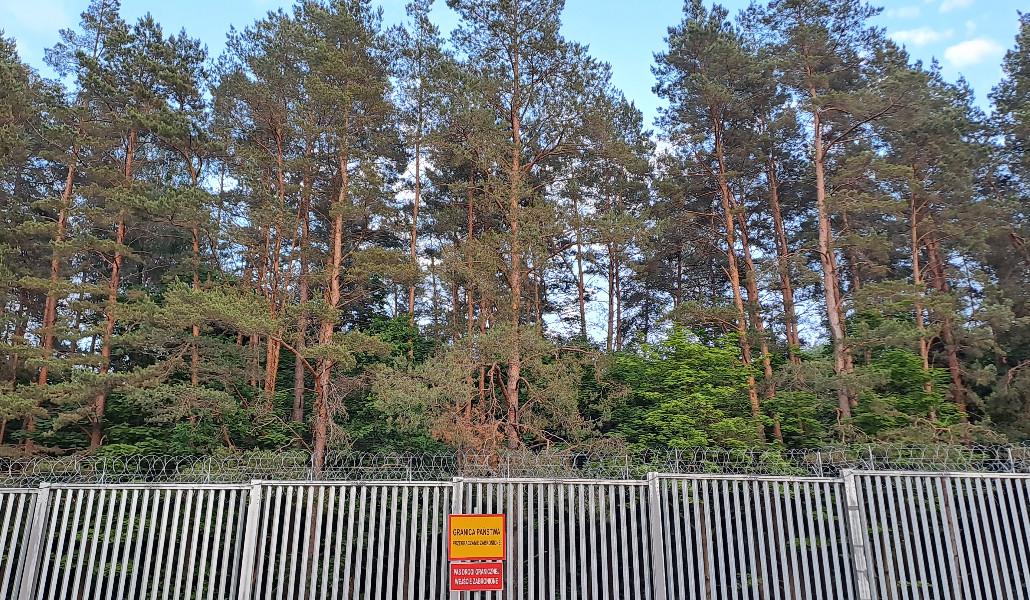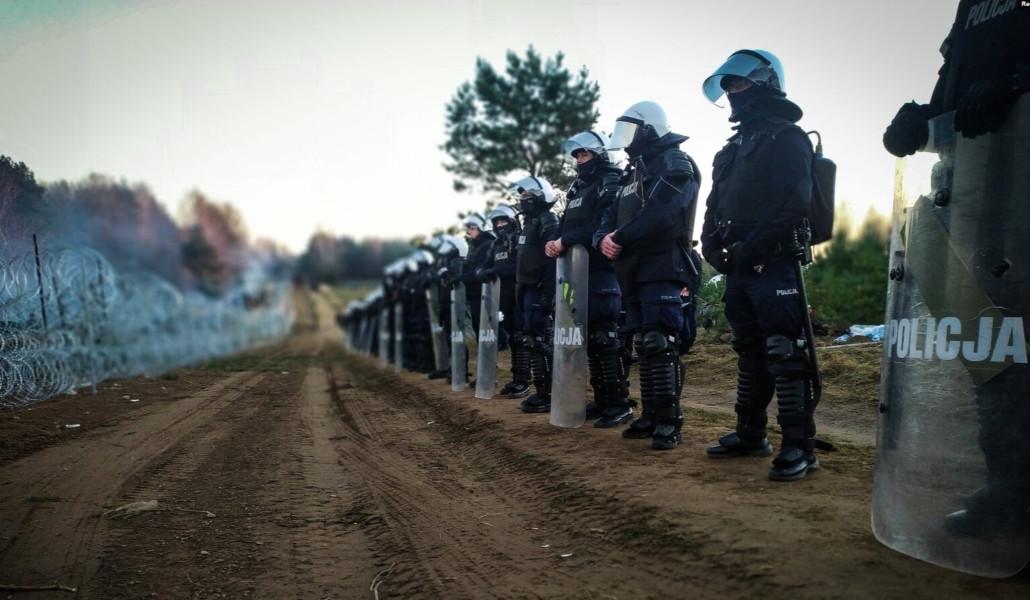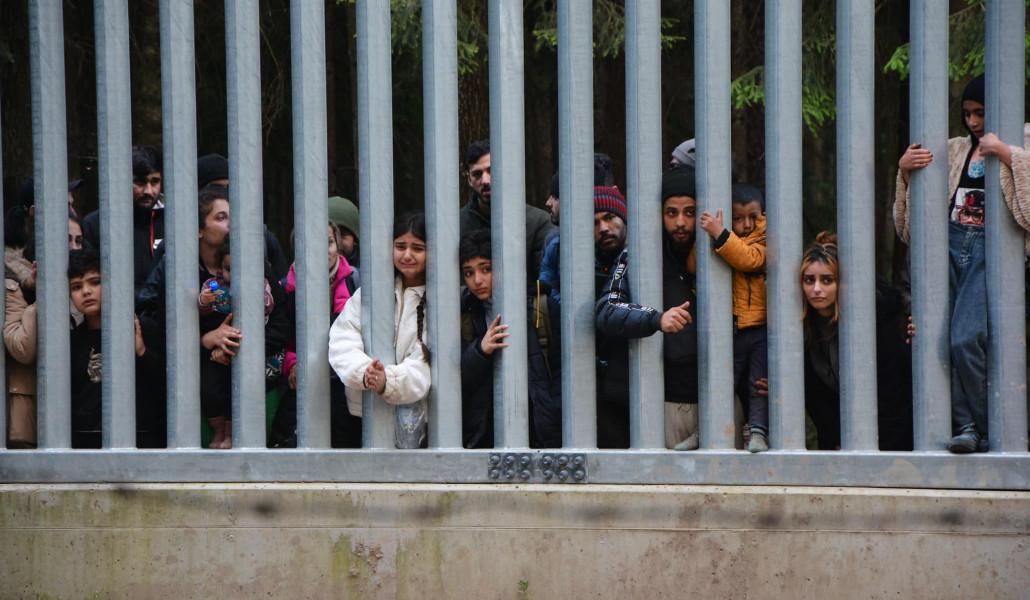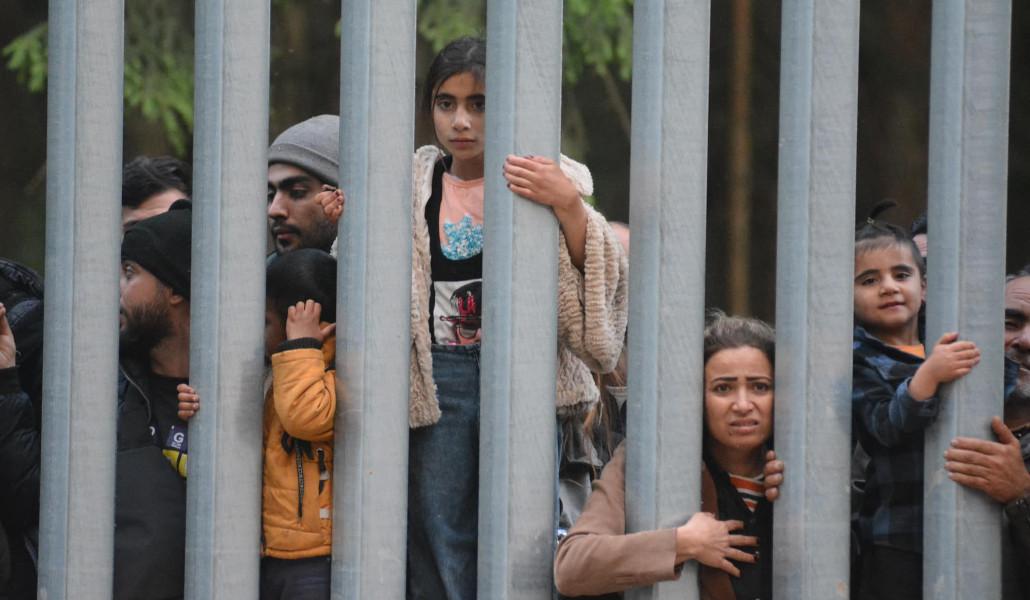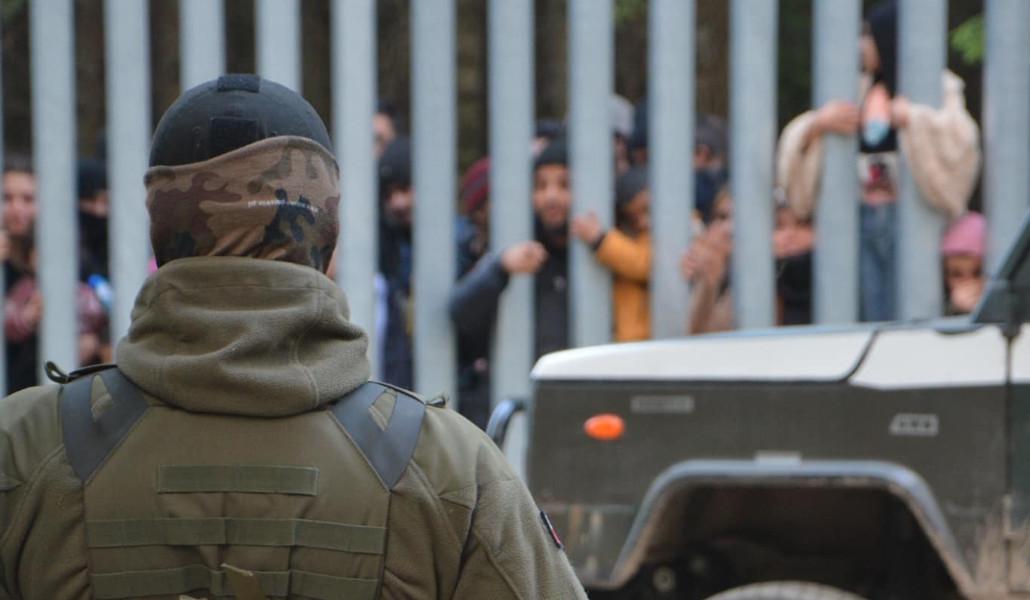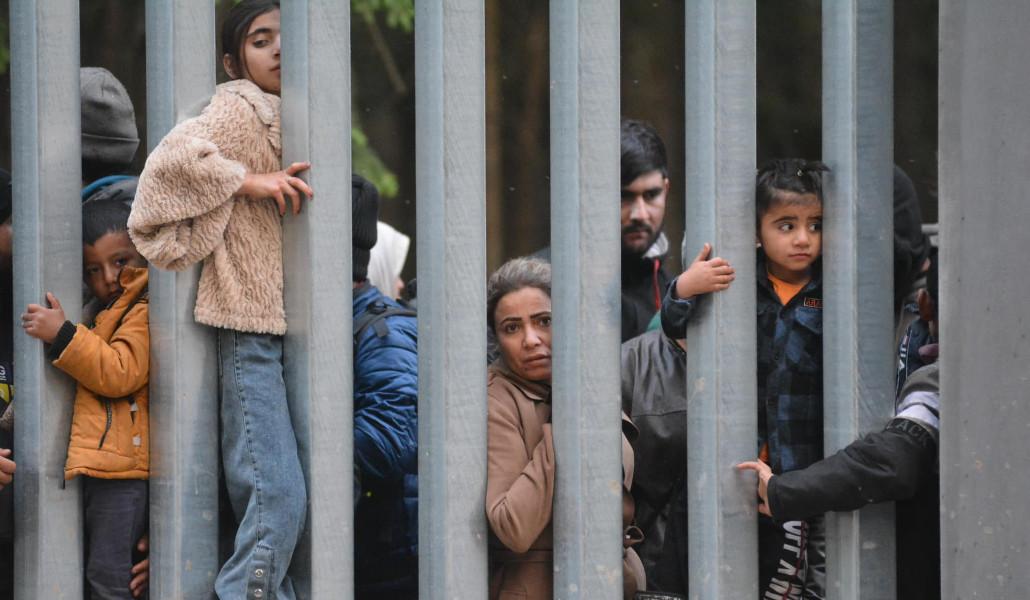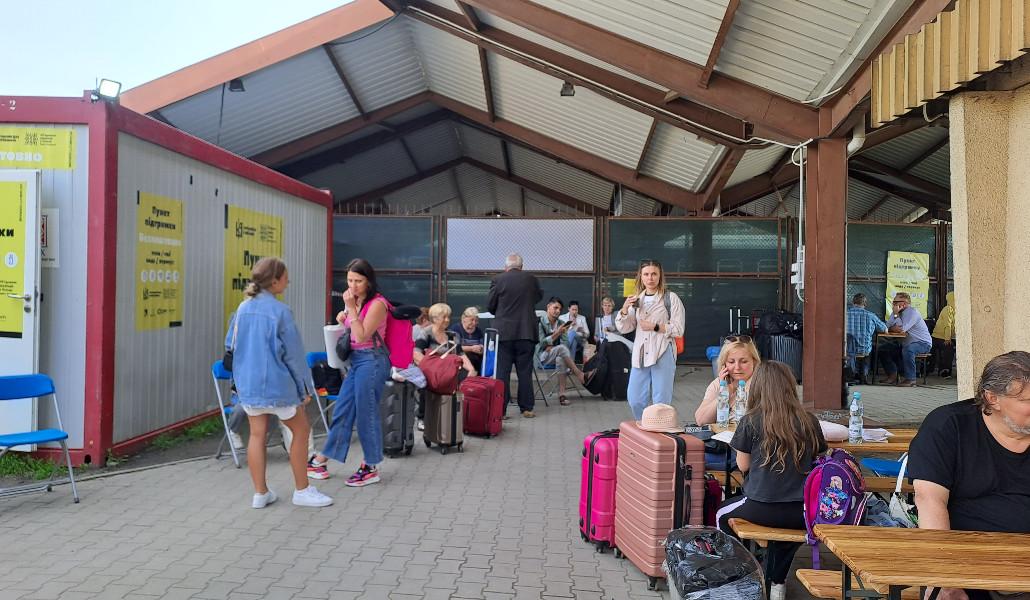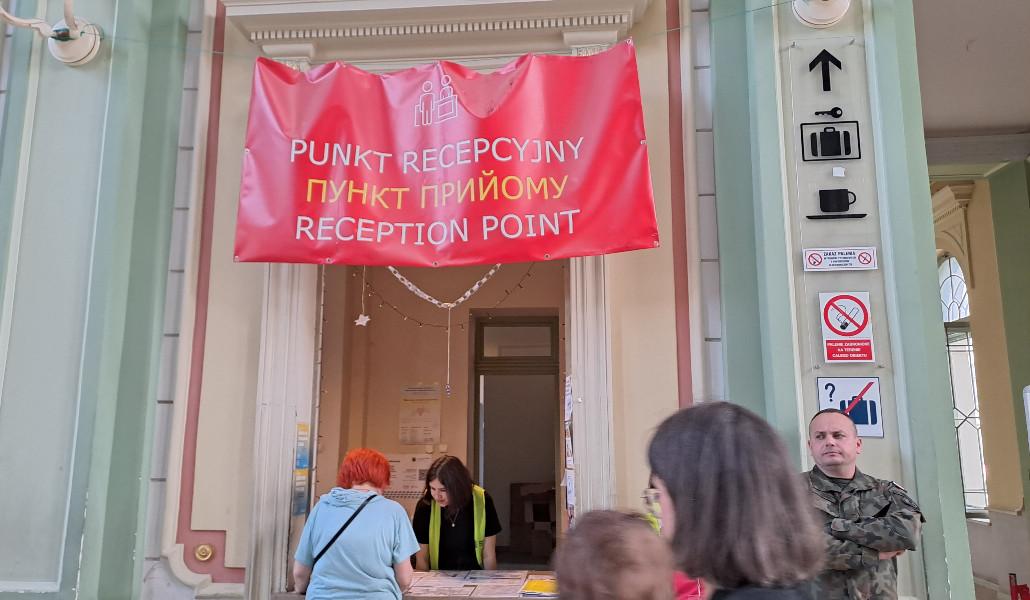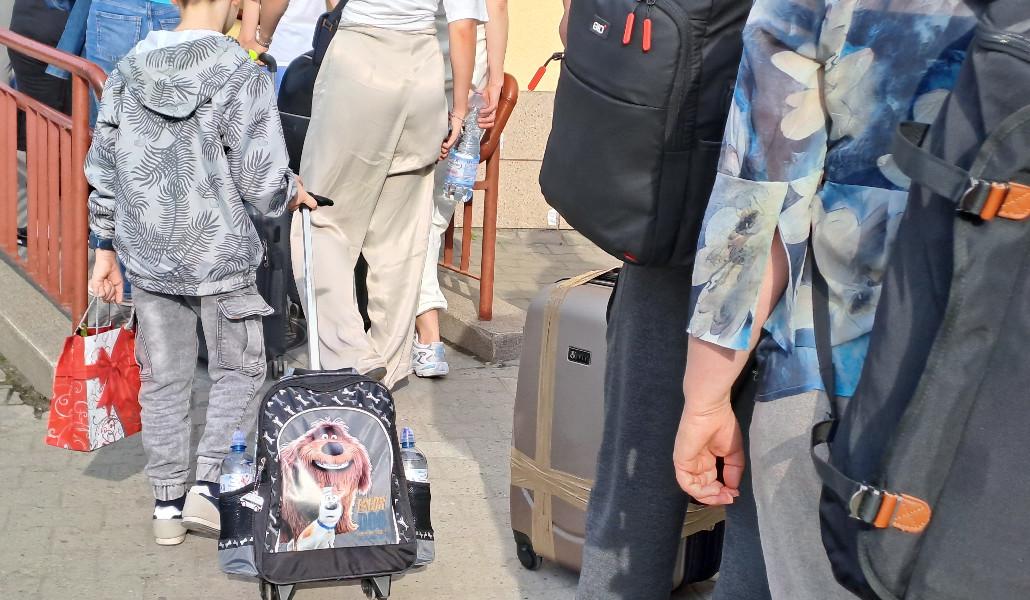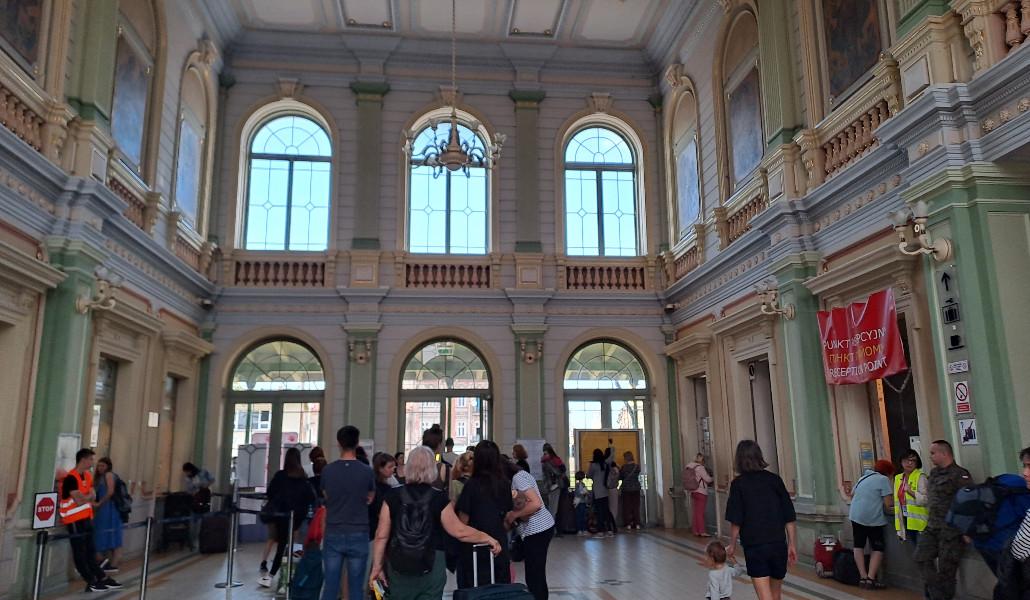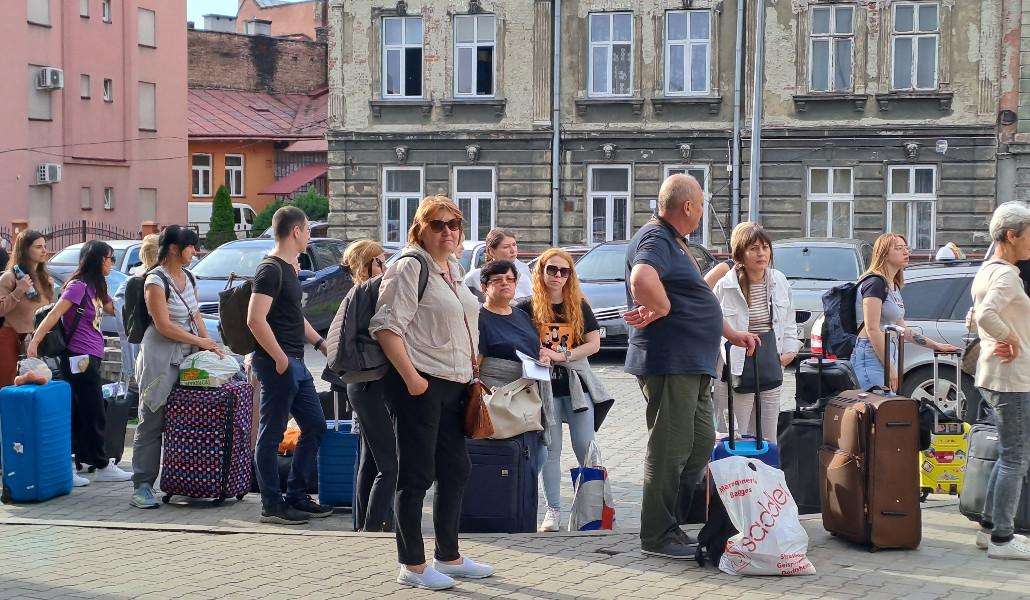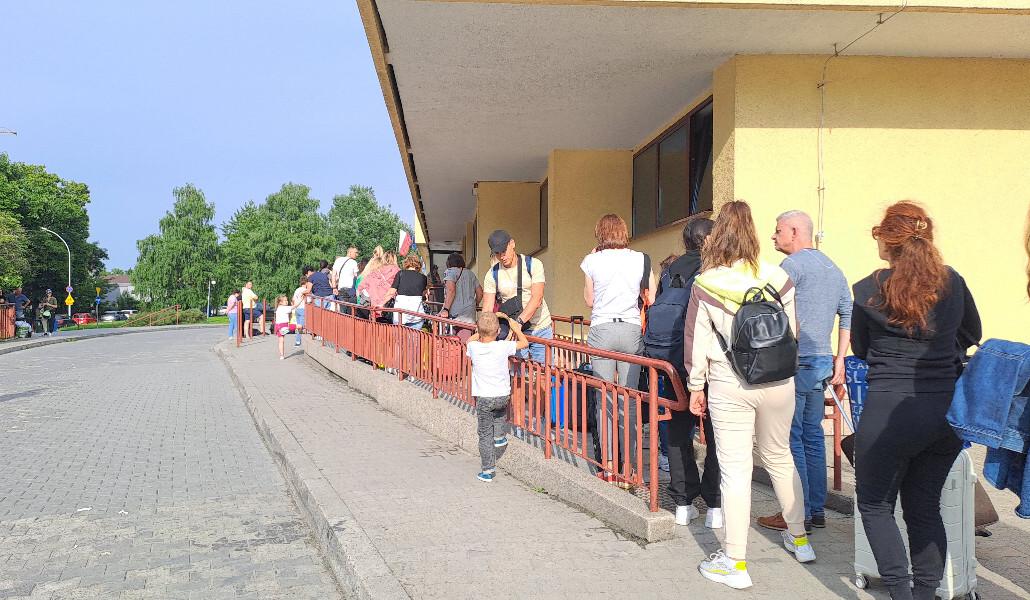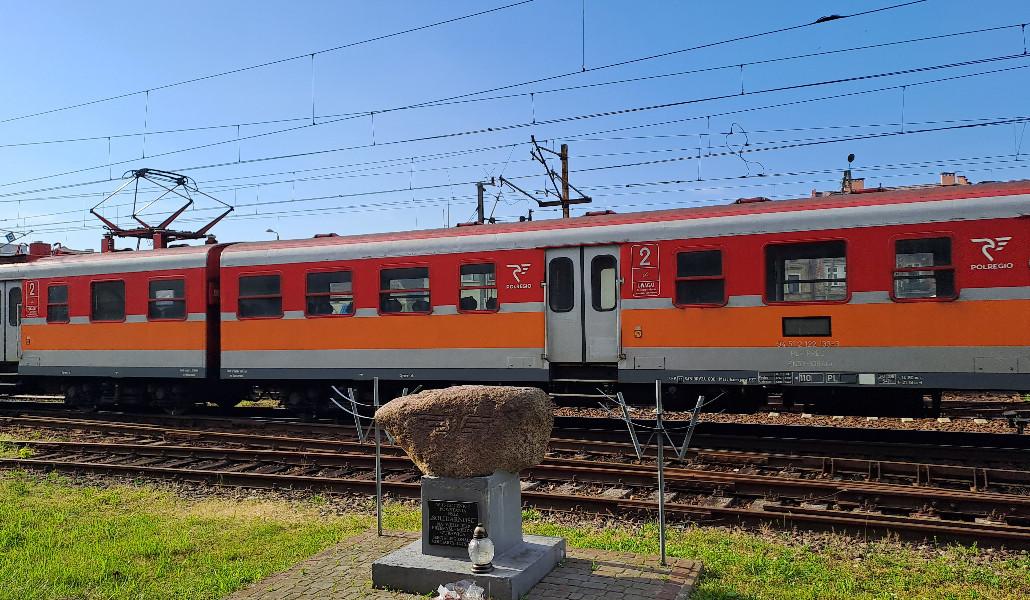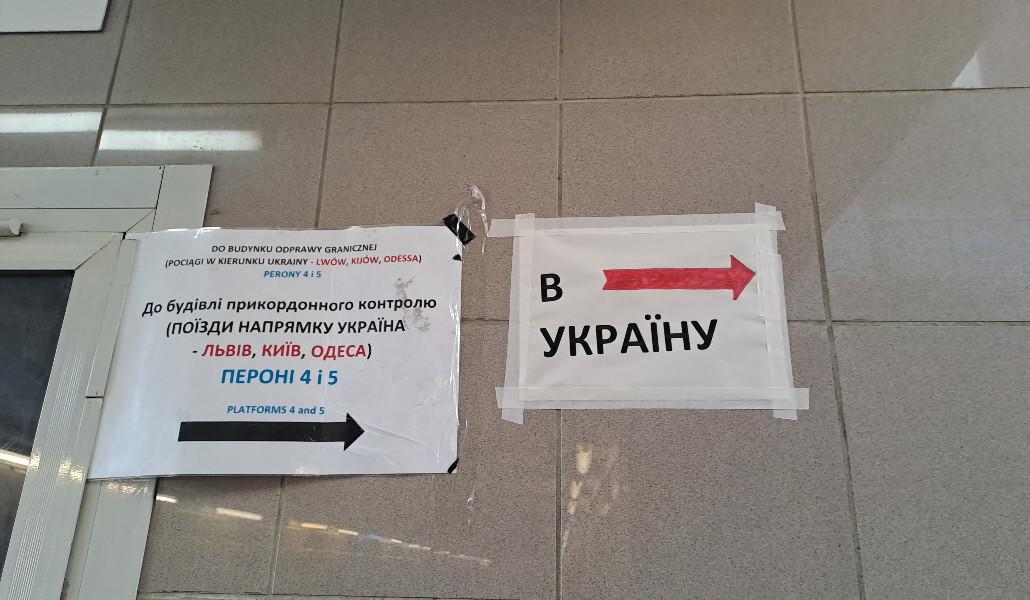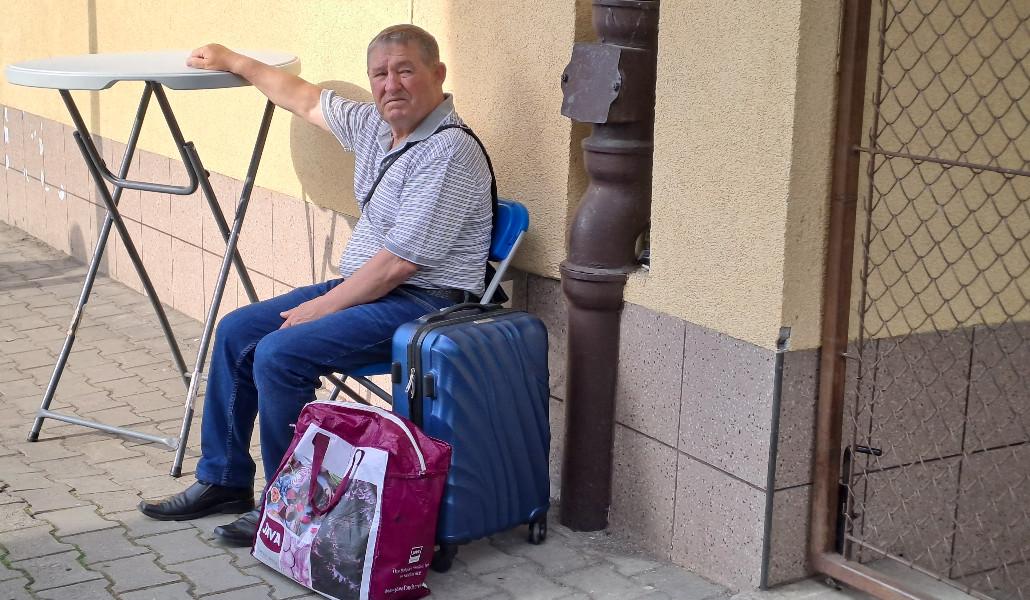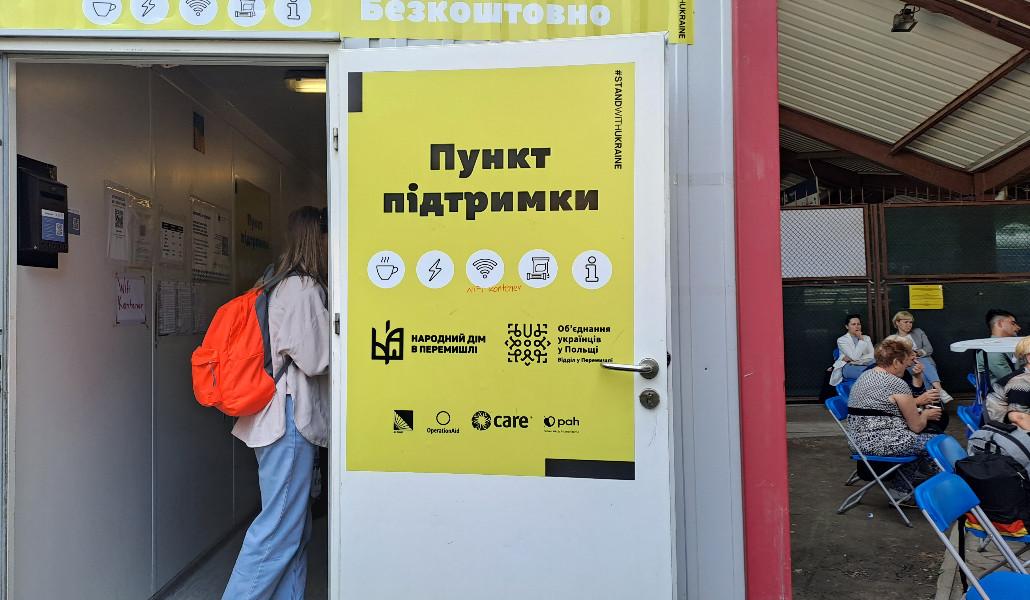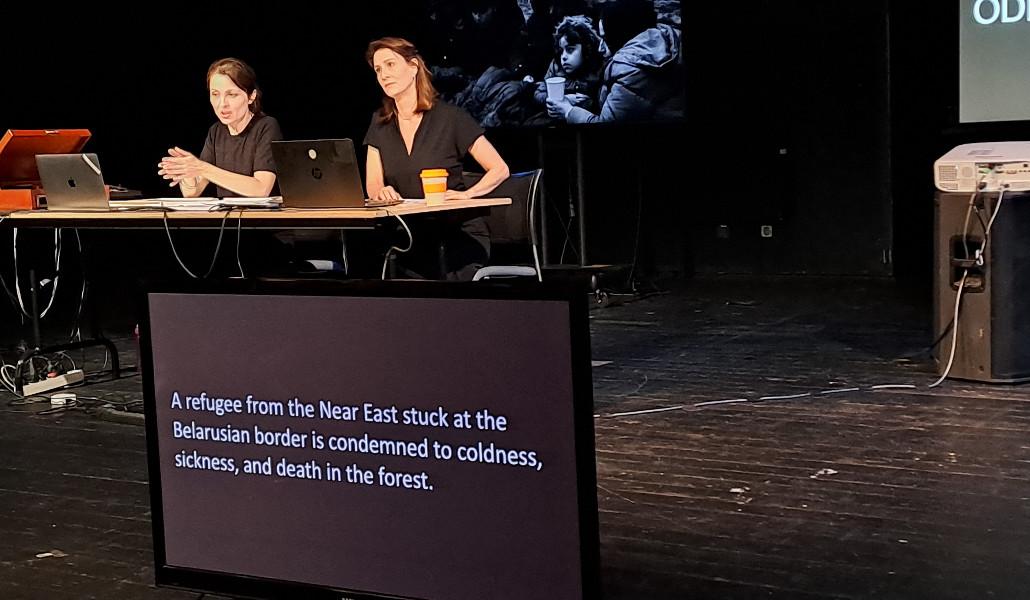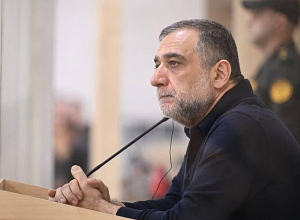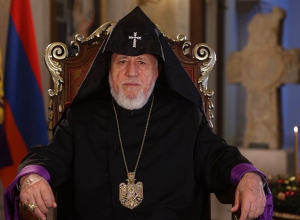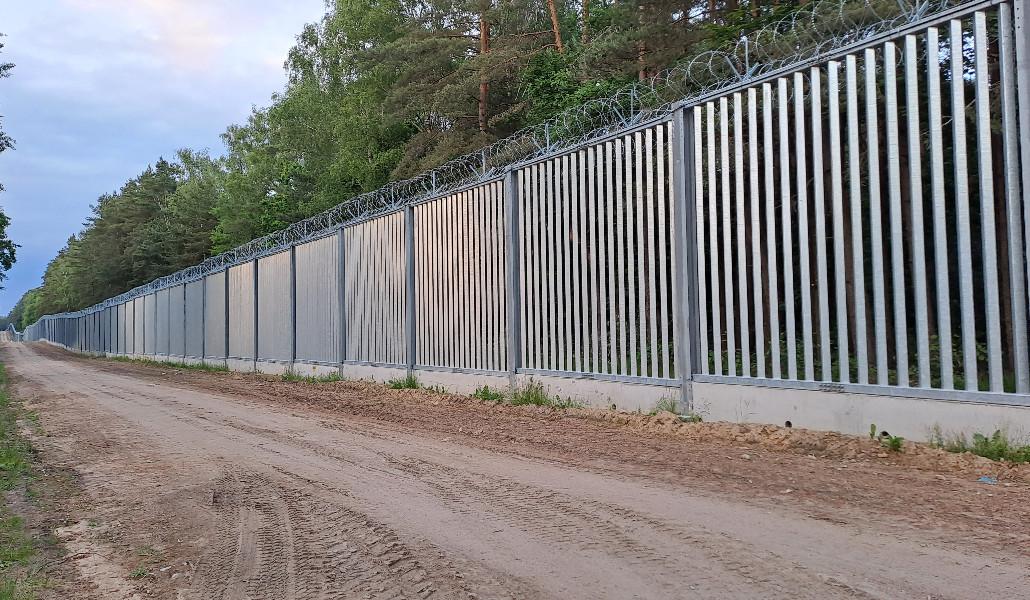
Border: The "Return" of the Berlin Wall/ photos
Support A1+!The Russian-Ukrainian war and the influx of 8 million refugees who crossed the border without hindrance have compelled Polish civil society to remember the plight of the 10,000 individuals who found no place in their country, not even as transit passengers.
"Please understand correctly, we are not against helping Ukrainian refugees. In fact, we believe more assistance should be provided. However, we are concerned about the situation at the Belarusian border with immigrants from the Middle East and Africa," this idea was expressed during various meetings in Poland by human rights activists, researchers, journalists, and even leaders of border towns.
Citizens of Iraq, Libya, Afghanistan, Syria, Ethiopia, Cameroon spend thousands of dollars to get to Belarus, believing that it is a window to a better life and a door of hope to Europe. But that window was not opened at least for 10,000, and for 45 of them the Polish-Belarusian border became a valley of death. More than 300 people have been considered missing for almost two years.
Since the summer of 2021, when several thousand migrants from the territory of Belarus tried to cross the border of Poland, a member of the European Union, the situation on the Polish-Belarusian border remains tense. There is no official explanation as to how the migrants were able to reach Belarus illegally. There are suspicions that the thousands of dollars paid by migrants are flowing into the pockets of high-ranking Belarusian officials as well.
Former journalist, activist Piotr Graban lists the names of migrants whose corpses were found in the border forest, identified by DNA analysis for finding their relatives and organizing transportation or burial arrangements. He told that migrants who managed to cross the border and sought refuge in the forest have died of hunger, cold, poisoning, and diseases.
By comparing the accounts provided by refugees and their relatives, Piotr has reconstructed the whole grim picture: the Belarusian side "dumping" migrants onto the Polish side with the assistance of aggressive dogs, and the Poles, in turn, pushing them back, showing no regard for gender, age. "People are treated like commodities," says Piotr.
In the Tatar-Muslim cemetery of the village of Bohoniki, which borders Belarus, new graves have appeared: Siddig Musa Hamid Eisa, Halikari Dhaker. For many of them, the date of birth is missing; only their death dates are recorded: 2021, 2022. These migrants are buried far from the graves of the locals.
Piotr attended the meeting accompanied by his dog, Diego. He explains that Diego assists him in searching for migrants in the forests, providing them with at least some food and medicine, despite the policy of the Polish central authorities. Locals who are willing to help migrants in dire circumstances, do it discreetly. If they attempt to provide shelter and are discovered, the migrant faces the risk of deportation, while the locals themselves may face prosecution for trafficking, for example.
Will concrete deter those fleeing war?
This is the eastern border of Poland; beyond the wall lies Belarus. In November 2021, when migrants attempted to cross the border, police guard was standing at the site of the wall. (Photo credits: Reuters).
Approaching the barrier is strictly prohibited. Should anyone attempt to disregard the 15-meter barricade to observe the hidden area, border guards and policemen will swiftly appear, at the very least imposing fines.
Nonetheless, videos and photos occasionally appear on social networks, providing glimpses of the situation beyond the towering wall (the photo is from the end of May and sourced from the Granitsa group's page).
A year ago, a 186 km long and 5.5 m high wall, costing approximately 1.6 billion zlotys (340 million euros), was erected, disregarding the concerns raised by residents of adjacent settlements, activists, and environmentalists.
The construction of the barrier dam has had significant and ongoing detrimental effects on the Białowieża Forest, which is renowned for its remarkable diversity of animal and plant species, making it a unique natural habitat in Europe. This forest has been included in UNESCO's World Heritage list.
Residents of Hajnowka, located near the border, shared their concerns with us under the condition of anonymity, fearing law enforcement. They express consern about the escalating presence of police forces and the increasing number of checkpoints in the area.
Hajnovka, known as the gateway to the Białowieża forest, heavily relies on tourism as its primary source of income. As a result of the recent developments, the number of tourists visiting the region has decreased sharply.
Activists find it perplexing that the federal authorities fail to comprehend that barriers made of concrete and steel cannot effectively block the path of individuals seeking refuge from war and poverty.
Despite the presence of a barbed wire barrier, on June 24 alone, as the Polish Border Guard Agency reported , 93 people, including citizens from Bangladesh, India, Somalia, and Egypt, attempted to cross the border illegally. Such figures are consistently presented on a daily basis.
The Ukrainians are back home
Ukrainians are making their way back home, gathered at the Przemyśl railway station, waiting for the train to Zaporozhye. Among the passengers are young people, elderly people, and children. During a conversation with "A1+", a young girl, who is studying in Germany, told that she plans to visit her parents for a two-week period. She acknowledges the tense situation but expresses a strong longing for her family. Some people decided to return to their homeland, while others are still uncertain about their future plans.
Every day, five train flights operate from Przemyśl to Kyiv, Odesa, and Zaporozhye, as well as in the opposite direction. While there are daily arrivals from Ukraine, the numbers are not as high as during the months immediately after the war.
Przemyśl, located just 12 km from the Ukrainian border, holds significance in the context of Ukraine. In February, US President Joe Biden departed for Ukraine from this station.
Jacek Pavin, responsible for refugees at the municipality, mentions that their office is situated within the station building itself.
Przemyśl has been a transit point for refugees, and Ukrainian refugees typically stay here for a few days before being transferred to different cities in Poland or other European countries based on their requests. The official emphasizes the vital role of volunteers who have come from various places to assist.
Przemyśl, with its population of only 60,000, used to receive up to 100,000 refugees arriving by train daily during the initial stages of the war. Currently, around 100 people per day arrive from Ukraine.
The Polish Federal authorities have decided to dissolve the Ukrainian support commission within a month. The official notes that such a move could have disastrous consequences in the event of a situation escalation. Without financial support from federal authorities, the municipality will struggle to provide assistance on its own, especially since support from various organizations and individuals has significantly decreased since the summer of 2022.
It is worth mentioning that among those who crossed the border, around 1.5-2 million Ukrainians have remained in Poland. Some of them are no longer receive refugee support benefits due to various reasons, such as not being in the country for 30 consecutive days.
Official Poland does not want to grant asylum
In the lead-up to the upcoming parliamentary elections in Poland, the topic of migrants has become highly "used", particularly following the EU's recent migration deal.
In an attempt to address long-standing differences regarding migrants that have existed for 8 years, EU foreign ministers reached an deal at the beginning of June. Under the deal, each of the 27 EU member states will be responsible for accepting a specific number of irregular migrants and refugees. If a state chooses not to grant asylum, it will be required to pay around 20,000 euros per person - equipment or personnel.
Who will take Responsibility?
The play "Responsibility" by director Michal Zadara, which has been performed for a year at the Powszechnym theater in Warsaw, aims on the events occurring at the Polish-Belarusian border. The play refers on the Geneva Convention, the European Convention on Human Rights, as well as Polish Constitution and laws to demonstrate the violation of human rights in the context of the border situation.
The actors remind that everyone has heard about cases of refugee deaths, starvation, and inhumane treatment. But will they demand that the authorities, in particular Mariusz Kaminski,the Minister of the Interior and Administration, be held accountable for their illegal decisions?
Waiting for Autumn
"Law and Justice" ruling party, objects to the EU deal, saying that Poland has already taken in well over a million people fleeing the war in Ukraine and will not pay if it refuses to take in refugees from the Middle East and Africa. "This issue must be the subject of a referendum and we will organize this referendum," Jarosław Kaczynski, the current leader of the “Law and Justice” party, told: "Poles must speak out on this matter."
What will the Polish people say? The forthcoming elections and referendum will show.
Karine Asatryan
The visit to Poland and the "Border in Focus" seminar were organized by the ZEIT-Stiftung Ebelin und Gerd Bucerius, Hamburg, within the scholarship program “Beyond Borders”.
